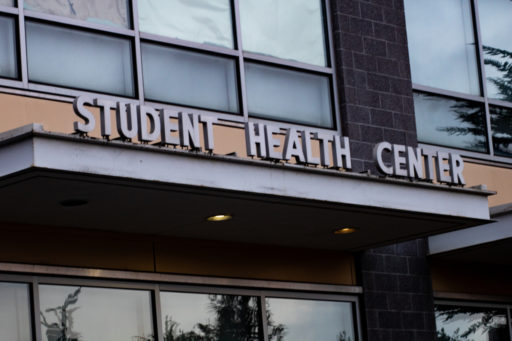Social Isolation Highlights the Necessity of Access to Mental Healthcare
By Claudia Drdul
claudiadrdul@gmail.com
Staff Writer
City College students have begun to struggle with the reality that sheltering-in-place due to the spread of COVID-19 has left them in.
Re-imagining the Student Experience (Rise), a student-led low cost education advocacy group surveyed 521 community college and university students between March 18 and 24 showed that 75% of students “have experienced higher levels of anxiety, depression or stress than before the coronavirus.”

Carmen Liang, a City College psychology major is one of the many that have been struggling with the sudden transition to distanced learning. “My depressive thoughts are spiraling out of control, without the habits of going to school and work all the time,” she said. “I feel miserable waking up knowing there’s people that are dying and I am waking up to the same day everyday.”
Not only has Liang felt the pressure of social isolation, but as a Chinese American, she has also grown concerned about the anti-Asian rhetoric upon leaving her home, specifically in the form of a “racist verbal or physical threat”. Since March 19, the “Stop AAPI Hate reporting center has received over 1,100 reports of coronavirus discrimination from Asian Americans across the country.”
Associated Students Senator Tarquin Gaines believes it is important to emphasize issues of equity when speaking upon what kind of mental-health resources members of the City College community need.
Gaines currently works with students at both a middle and high school in the city and has grown concerned over the wellbeing of his students who have already stressful home lives. “I work with a lot of at risk youth. How many of our students are quarantining in safe places? I grew up in an environment that was depleted of resources that foster success and foster that avenue for children to get what they need.” He added, “and how many students are being quarantined in spaces where they have an abusive individual in their household?”
Gaines emphasized the emotional need for students at City College and SFUSD to feel a sense of community as they’re transitioning to adulthood. Campus ammenities like the Queer Resource Center, Black Student Union and even the several eateries on campus have allowed students to connect with eachother and find solace at their second home, Ocean Campus.
Students like Faith Fabiani, a health education major, have also used City College as an outlet for their daily life-stressors. “Being a wife of an inmate is not only expensive, it is emotionally taxing. School has been for some time an outlet. It’s my distraction, my hope and my future,” she said. “It has not only helped me get my life on track, but it has helped pass the time productively, giving me a purpose, which combats the loneliness and pain I feel.”
A March 25 CityNotes email included a list of several mental-health hotlines which are available to students like the Mental Health Association of San Francisco, the Institute on Aging’s Friendship Line and the Felton Institute. Jacob Edelman, a former City College student and a Friendship Line employee said “our call volume has increased. The other day we reached peak volume at like 500 and something calls” and “the vast majority of our calls now are about people’s concerns, issues and anxieties about coronavirus.”
The email also included two online resources, the meditation app Headspace and website Virus Anxiety for students who are dealing with mental health struggles during this time. As the cost of therapy can be overwhelming for students living on a budget, City College offers eight therapy sessions free of charge.
A representative from City College’s public relations team said the Health Center has now moved to conducting therapy sessions remotely via Zoom and telephone conference.
